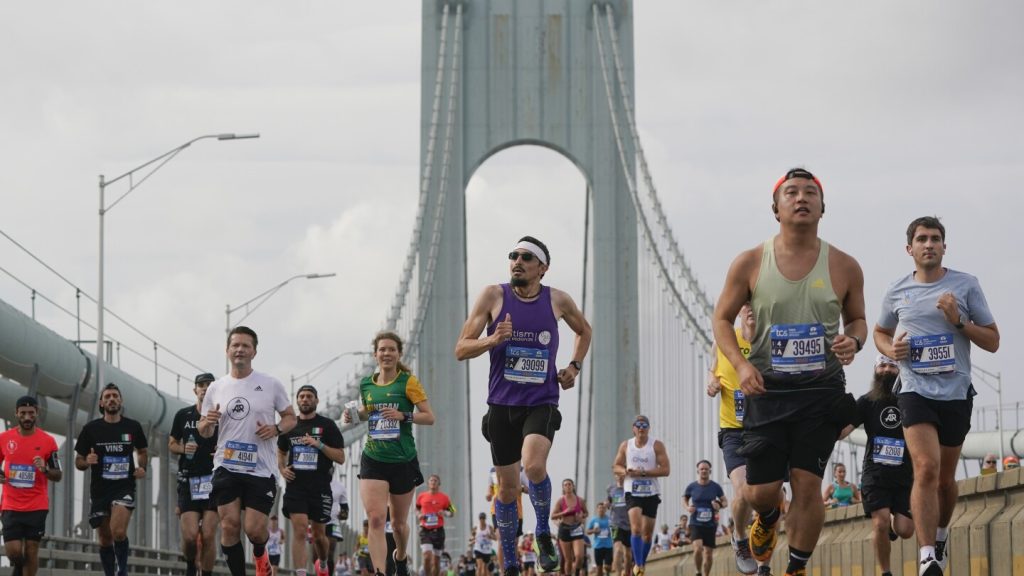The Metropolitan Transportation Authority in New York is demanding that the organizers of the New York City Marathon, the New York Road Runners, pay a toll of around $750,000 for the use of the Verrazzano-Narrows Bridge, which connects Brooklyn and Staten Island. The agency claims that the fee represents the estimated amount of toll revenue lost when the bridge is closed for the marathon. Catherine Sheridan, president of the MTA’s department of bridges and tunnels, stated that taxpayers should not have to subsidize a wealthy organization like the New York Road Runners.
The New York Road Runners have pushed back against the MTA’s demand, arguing that the agency benefits from increased revenue due to greater transit ridership during the marathon week. They claim that the 2019 marathon generated an estimated $427 million for the city, boosting tourism, tax revenues, and the economy. The organization expressed concerns that complying with the MTA’s request would lead to an increase in the cost for runners to participate in the marathon, making it less affordable for both local and international participants.
The New York Road Runners have requested data from the MTA to support their claim of $750,000 in lost revenue and to understand the revenue generated through increased ridership during marathon week. Despite Governor Kathy Hochul’s office announcing record subway ridership on race day after last year’s marathon, the MTA has not provided this information. The organization is open to negotiating with transit officials, but they believe any resolution should take into account the significant value that the marathon brings to the city and state’s economy.
The MTA has threatened to restrict the marathon to using only one deck of the Verrazzano-Narrows Bridge if the New York Road Runners do not pay the toll. However, the organization argues that this move would hinder the race, which welcomes over 50,000 participants annually and is the largest marathon in the world. They suggest that reducing the number of runners or extending the total time of the marathon would further impact the closure of the bridge and other roadways in the city on race day. The MTA has expressed willingness to work with the organization on a compromise that would eventually lead to full reimbursement for the lost revenue.
The New York City Marathon has been a longstanding tradition, dating back to 1976, and has become a major economic driver for the city. The organization emphasized the importance of the marathon to local runners and participants from around the world who contribute hundreds of millions of dollars to the economy. They argue that any changes to the cost structure, such as paying a toll for the use of the Verrazzano-Narrows Bridge, should be carefully considered to ensure that the marathon remains accessible and beneficial for all involved. Discussions between the New York Road Runners and the MTA are ongoing, with both parties expressing a desire to reach a mutually beneficial resolution.


